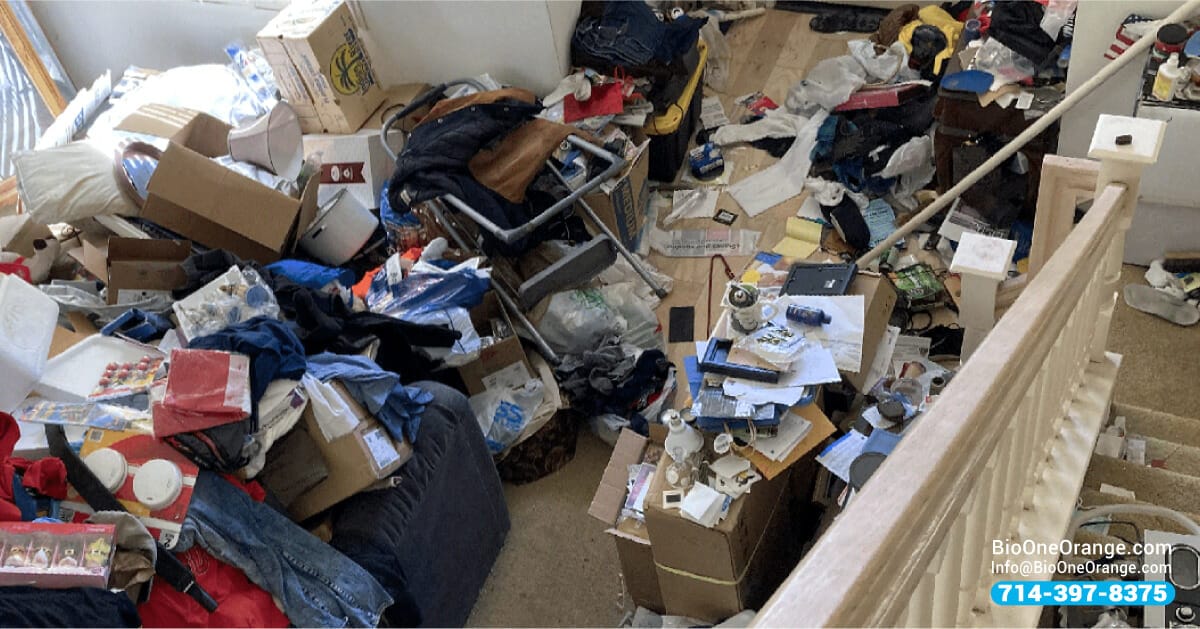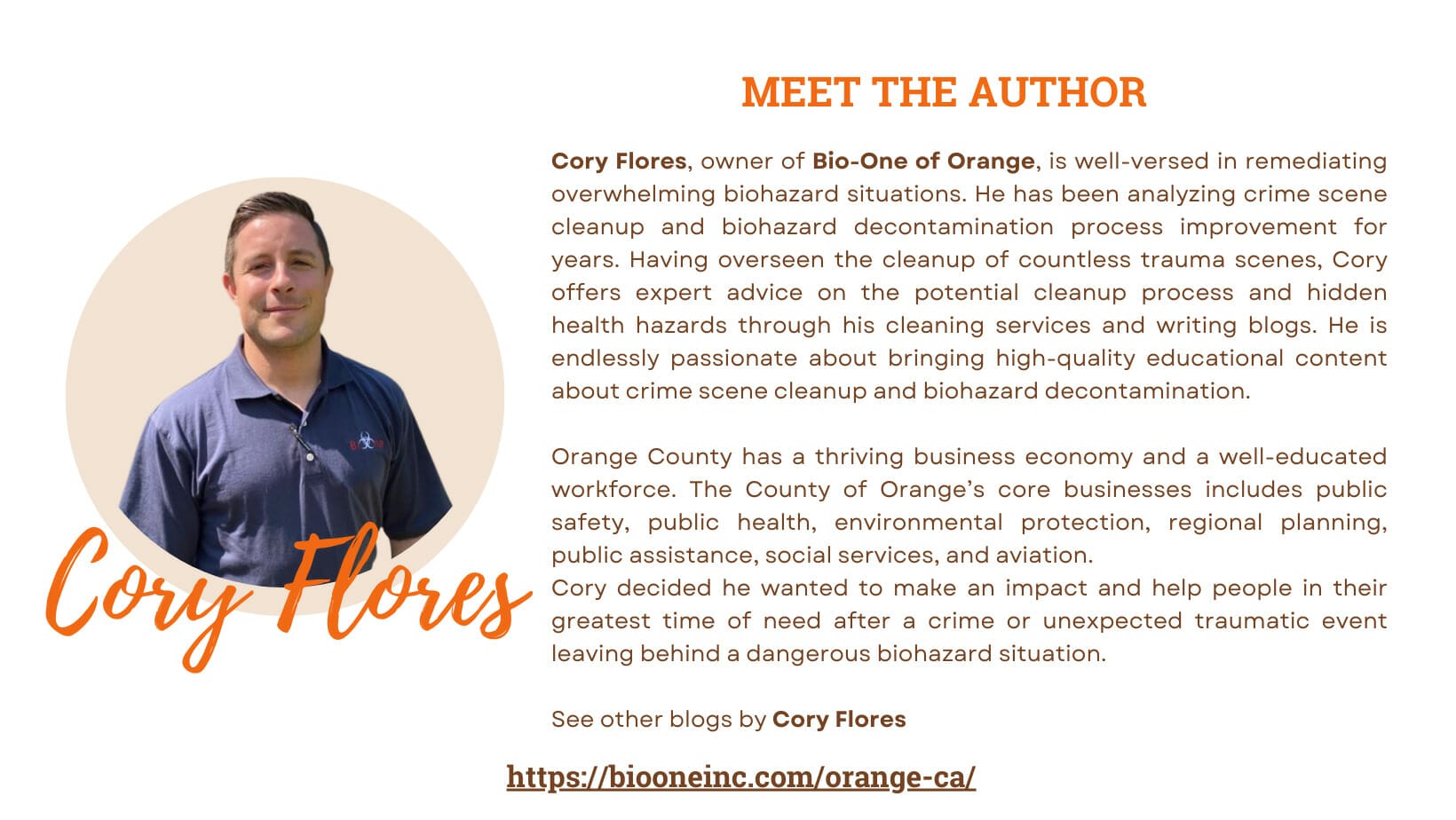Most people confuse hoarding with collecting. However, hoarding is a condition that is frequently associated with obsessive-compulsive disorder. Because personal spaces are severely cluttered, people with this condition have difficulty getting rid of items. Fortunately, there could be ways to eradicate the vicious hoarding cycle, leaving a clutter-free way of life.Mens VANS 2020 massage pistol team easy on tøj til salg panske teplaky חליפות מידות גדולות נשים lepetitartichaut.com panske teplaky bežecká obuv Mens VANS 2020 panske teplaky strømper str 42 strømper str 42 bežecká obuv Mens VANS 2020 Mens VANS 2020

It may become so out of control that your home is no longer functional and may pose a health risk. The good news is that you can stop hoarding before it becomes uncontrollable. It will not be easy, but it is possible. Understanding your subconscious motivations for doing so is critical. From there, you can figure out what steps you need to take to get a handle on things.
7 Effective Ways To Stop Hoarding Cycle
1. Find Motivation
Overcoming a hoarding disorder requires a consistent commitment. So, before you begin decluttering your spaces, you must first become motivated. Getting motivated is essential for sticking to your plans. Make a list of goals to help you stop hoarding, such as "You want to entertain guests in your home" or "You want to see things in your living space easily." Then, review this list regularly when you second-guess your decision to change.
2. Analyze What You're Hoarding And Why
First, you must determine whether you are actually hoarding or diligently preparing for a dire situation. The primary distinction between collectors or preppers and hoarders is the items they collect.
Collectors may have a diverse collection of theme-related items. They could be enthusiastic crafters who frequent art supplies or tool sales in search of useful items.
Preppers frequently stockpile food and survival items they may require in an emergency. They'll clip coupons to buy extra canned goods, stock up on bottled water in the garage, and possibly even dig a bunker in the back garden.
On the other hand, Hoarders keep things that have no monetary value - even to the person hoarding them. They may save clothes that no longer fit, newspapers from years ago, expired food, etc.
Examine some of your possessions and be completely honest with yourself about why you haven't gotten rid of them. Hoarders form strong emotional attachments to items for various reasons and thus have difficulty parting with them.
For example, someone may keep an expired chocolate bar given to them by a friend. There's no logical reason why they'd keep this, but the person kept it because of a sentimental attachment. Throwing away the expired chocolate would be like throwing away that memory, causing them great emotional distress. They may also be concerned about offending that friend by discarding this item.
The question is not whether you can use the object but whether you will actually use it. If you haven't used an object in over a year—say, you didn't even know it was there until you found it at the bottom of a pile—you can probably live without it.
3. Organize And Reduce Your Stuff In A Way That Gives You Assurance
You can rewire the situation to transfer the memory into a more tangible, neatly organized space if you've been holding on to items because you're afraid of letting go of the memories you've associated with them. You could begin making memory books or "scrapbooks."
Let's return to the earlier example of expired chocolate. If you have a strong attachment to that item because of its associated memories, dedicate a beautiful scrapbook page to that day's memory. Cut a square from the plastic wrapper and glue it to the scrapbook page. Decorate it, and then write down everything you remember about the experience. You can discard the remaining chocolate because that memory is now physically memorialized. You remove one piece of unnecessary clutter from the room every time you do this.
This may be more difficult if you hoard items such as appliances or equipment. In this case, building or purchasing a storage container might be a good idea. You could even rent a storage unit if it's within your budget. This allows you to move the items you've been collecting out of your immediate living space without letting them go until you're ready.
4. Don’t Rush. Start Slowly But Consistently
If you feel you'll be able to begin getting rid of things on your own, don't set out to declutter your entire living room on a single weekend. You'll most likely experience panic attacks, making you even more hesitant to get rid of anything else. Select a small area of your home, such as a cabinet in your room. This may cause you some emotional distress, but that's okay. Sit with that sensation and let it wash over you. If you need to cry, do so, but then commit to letting it go.
Repeat until you have a few inches of free space in front of you. Then clean the area and use a cleaning spray with a pleasant scent. Realizing that letting go of this unnecessary "stuff" will not harm you can alleviate your anxiety about doing so. That kind of positive reinforcement can help you stay motivated to keep reducing the clutter around you.
5. Seek Professional Help
Even if you've begun to clear out the stuff you've been accumulating, there's a good chance you'll revert to hoarding unless you understand why you're doing it and have some solid coping strategies in place. It's great if you could take the first steps on your own, but if you want to stop hoarding for good, you'll probably need some help.
Hoarding is a particularly difficult form of OCD to treat on your own. There is no shame in seeking the assistance of a trained psychotherapist who can assist you in working through this. They will not only be able to assist you in determining where this behavior is coming from, but they will also provide you with solid coping strategies that will allow you to stop these impulses before the hoarding spirals out of control.
6. Don't Be Afraid To Ask For Help From Your Friends And Family
If you believe you have the mental and emotional clarity to seek assistance, begin with those closest to you. These people may have approached you about your hoarding tendencies only to be turned down. They care about you, want what's best for you, and will undoubtedly help you in any way they can if you just let them. They may remind you of your goals, why you wanted to stop hoarding and provide comfort while you purge sentimental items.
7. Track Your Progress
Keeping track of your progress can help you gain confidence as you deal with the rest of your house. As you clear out each space, take before and after photos to demonstrate your progress. You may relapse at some point, but this does not have to define you. If this occurs, make a plan to get back on track as soon as possible.
You can put a stop to hoarding before it becomes uncontrollable. You can even undo it if things have gotten out of hand. The first step is to recognize that there is a problem and then take some of the steps outlined above to begin resolving it.
You can do it and don't have to do it yourself.
Break the Hoarding Cycle With the Help of Bio-One of Orange
Why should you hire a professional cleaner? Because knowing how to stop hoarding isn't always enough. In many cases, the first task is to safely remove the existing items. Most non-professionals are not equipped or trained to remove hazardous items from homes where unsanitary or dangerous conditions exist.
Bio-One of Orange is ready to help those needing hoarding cleanup services. Our compassionate, professional biohazard cleaners can handle almost any situation, no matter how large or overwhelming it appears to be. As professional cleaners, we understand what to do and have trained experts who can clean the area, remove the clutter, and disinfect the entire space. You and your family can live in a clean and safe environment with our assistance. Get in touch with our 24/7 biohazard & crime scene cleaning team today at 714-397-8375.



